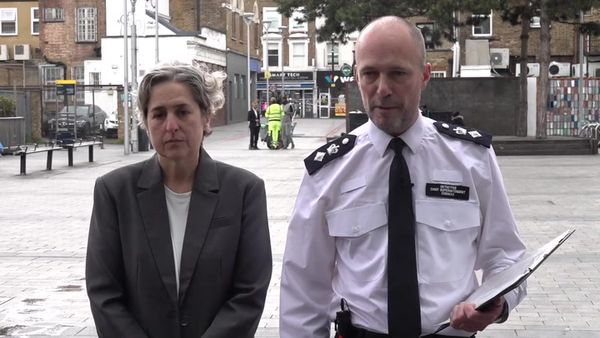
A majority of LGBTQIA+ older people — 70% — are worried about having to hide their identity as they age and need services in places that may not protect them, according to a report from two organizations.
The advocacy organization SAGE and the Human Rights Campaign have released a 2023 Long-Term Care Equality Index promoting inclusive policies and practices in long-term care and senior housing communities, recognizing leaders in the industry working to make a difference.
The report involves the results of a survey highlighting retirement communities and long-term care facilities that strive to be inclusive and responsive to the needs of LGBTQIA+ residents.
“Afraid of telling anyone”
The report includes a quote from a 73-year-old gay man expressing his fears: “Within the next two weeks I will be going into assisted living. Due to my financial situation, I will have to share a room with another man. The thought of going back into the closet is making me ill. Frankly, I’m afraid of telling anyone that I am gay.”
The report notes that by 2030, studies project that the number of lesbian, gay, bisexual, transgender, and queer people 50 and older in the U.S. will be 7 million. “Despite the older members of the LGBTQ+ community growing in visibility and size, LGBTQ+ elders have historically been invisible to aging service providers, policymakers, and researchers,” the report says.
These individuals are twice as likely to live alone and four times as likely to not have children.
Index measures support
While there are concerns, there are also some systems that can be supportive to the community.
The HRC equality index measures answers in categories like support provided to residents, non-discrimination and staff training and resident and community engagement. It provides information on 200 communities from 34 states that participated in the equality index survey.
By looking at those measures, the HRC identified some systems that are inclusive in the care provided. In particular, the index highlighted three systems found to be especially inclusive to the LGBTQIA+ community:
- United Church Homes, which provides housing and health care for older people through more than 90 senior living communities across 15 states and in two Native American nations
- Edenwald, a retirement community in Towson, Md., near Baltimore
- NYC Health + Hospitals in New York, the largest public health care delivery system in the United States
"At United Church Homes, inclusivity is not just a word, it is a way of life," Rev. Dr. Kenneth Daniel, president and CEO of United Church Homes, is quoted as saying in the report. "We welcome and celebrate the diversity of all individuals, and strive to create a community where everyone feels valued, respected, and loved."
Note: This item first appeared in Kiplinger Retirement Report, our popular monthly periodical that covers key concerns of affluent older Americans who are retired or preparing for retirement. Subscribe for retirement advice that’s right on the money.






